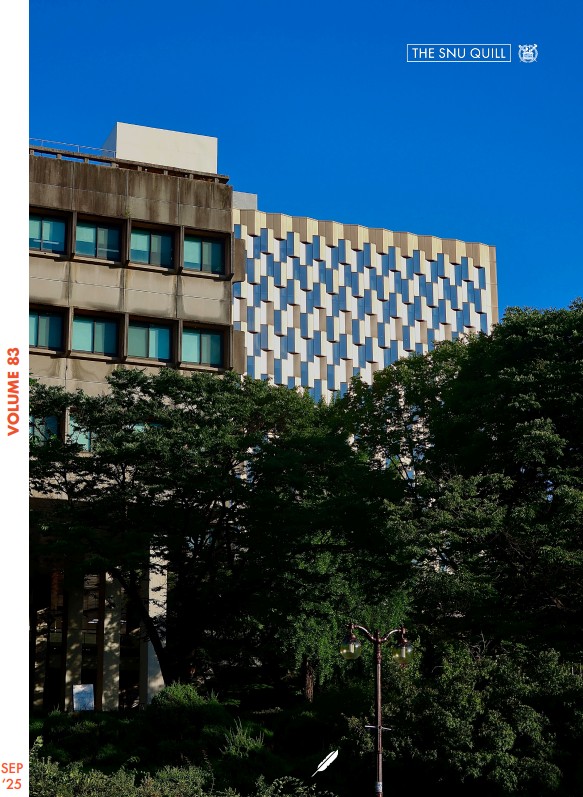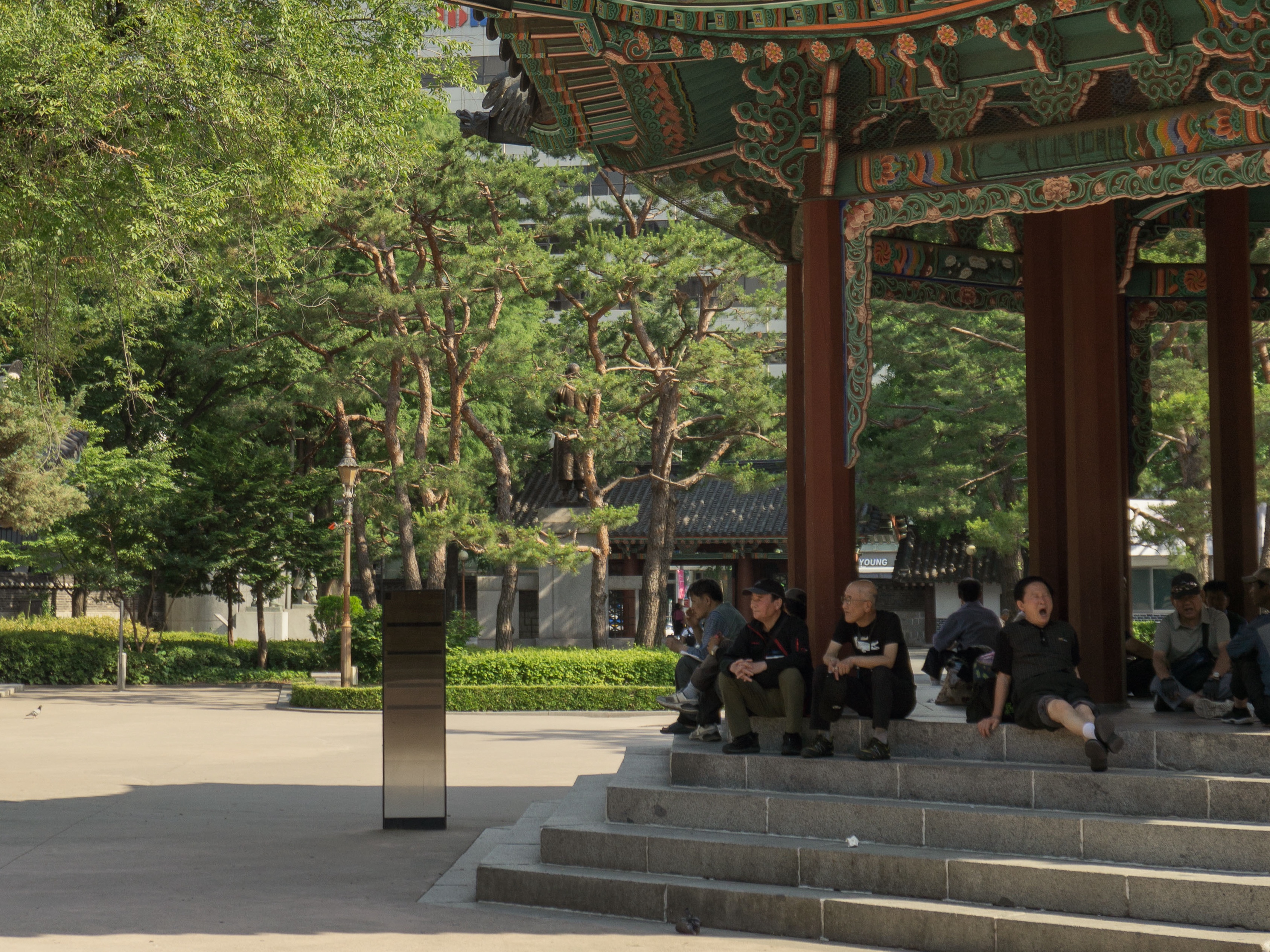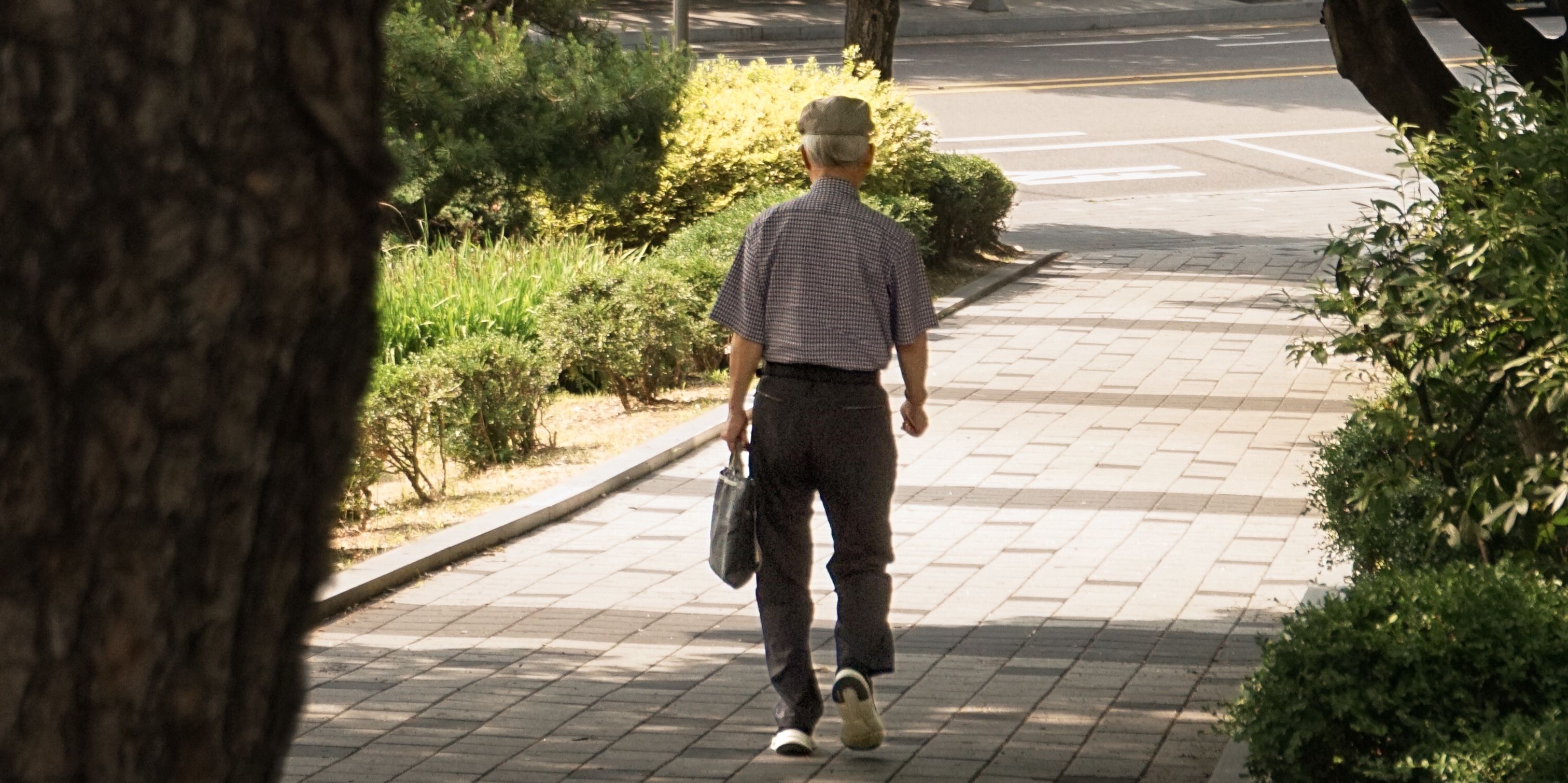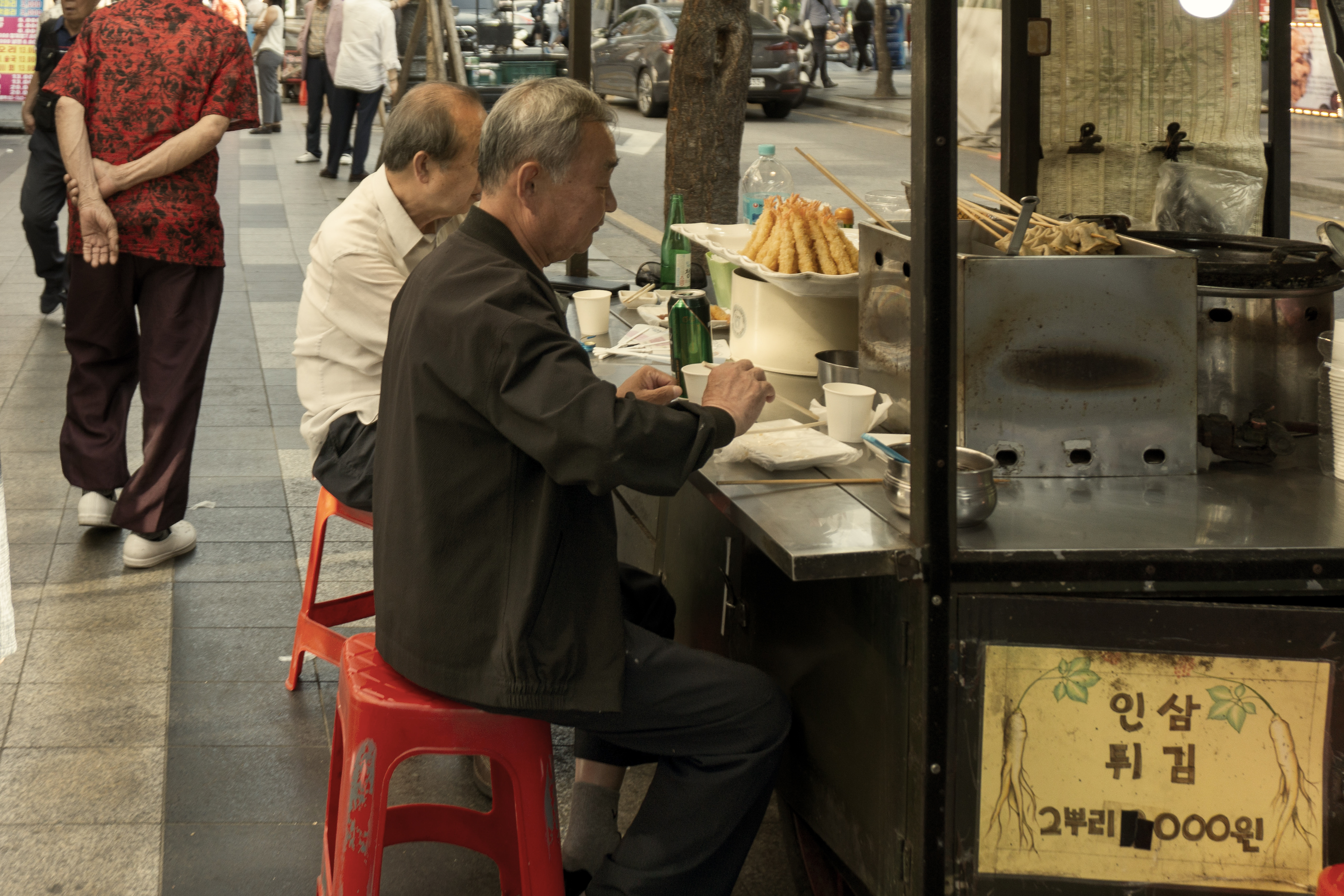Visible Space, Invisible Issues: A Report on Spatial Imbalance at SNU
In a campus this big, no student should ever feel like there’s nowhere to go.
Too Little, Too Late? How Government Inaction Fueled the Cambodian Scam Crisis
On August 8, the body of a 22-year-old South Korean...
Reckoning with the Itaewon Tragedy, Three Years Later
It’s October 29th, 2025. People in purple jackets are solemnly...
The Government Wants to Kill Me
Some lives are harder to live than others. When your...
Editor's Picks
FEATURES
Driving Korea’s Future? AI Behind the Wheel and What It Means For Us
SNU SOCIETY
A Closer Look at the “Inclusive” International Life at SNU
ARTS & CULTURES
The Modern Lion King Tries to Convince You that Fascism Doesn’t Exist
OPINION
[83rd Edition] Letter from the Editor
Quill Videos
Photojournals






